Exploring the Intersection of Love and Obsession: A Deep Dive into "It Ends with Us" and its Critical Reception
Related Articles: Exploring the Intersection of Love and Obsession: A Deep Dive into "It Ends with Us" and its Critical Reception
Introduction
With enthusiasm, let’s navigate through the intriguing topic related to Exploring the Intersection of Love and Obsession: A Deep Dive into "It Ends with Us" and its Critical Reception. Let’s weave interesting information and offer fresh perspectives to the readers.
Table of Content
Exploring the Intersection of Love and Obsession: A Deep Dive into "It Ends with Us" and its Critical Reception
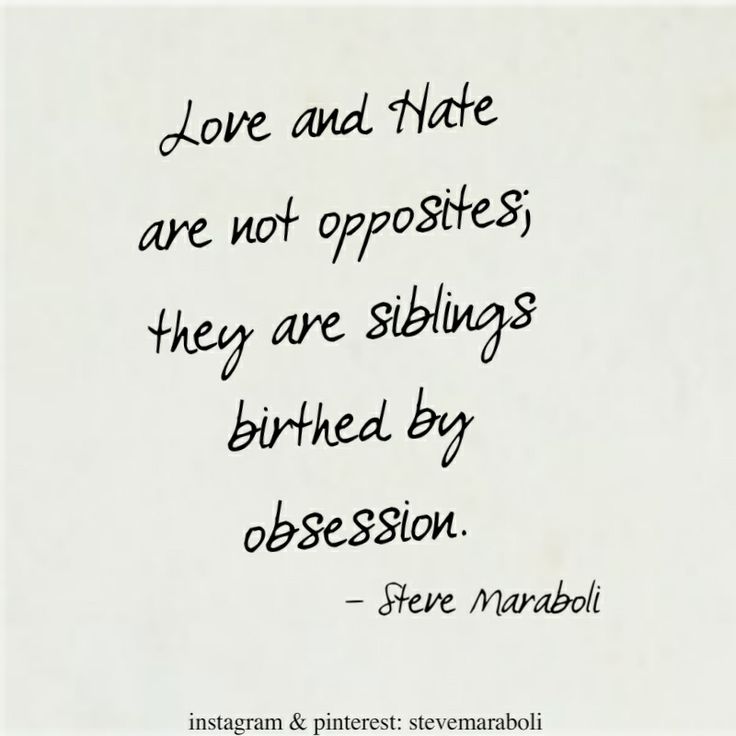
Colleen Hoover’s "It Ends with Us" has become a modern phenomenon, captivating readers with its exploration of complex relationships, emotional trauma, and the enduring power of love. The novel’s success is further amplified by its critical reception, particularly the insightful review by renowned film critic Roger Ebert. This article aims to provide a comprehensive analysis of "It Ends with Us," examining its themes, characters, and critical reception, with a specific focus on Ebert’s review.
Understanding the Novel: A Story of Love, Loss, and Resilience
"It Ends with Us" follows the journey of Lily Bloom, a young woman seeking to escape the shadow of her tumultuous childhood. She finds solace in Ryle Kincaid, a charming neurosurgeon, and their whirlwind romance promises a future filled with happiness. However, Lily’s past and Ryle’s unpredictable nature threaten to derail their seemingly perfect love story.
The novel delves into the complexities of love, exploring its various facets:
- The allure of the forbidden: Lily’s attraction to Ryle stems from his mysterious and somewhat dangerous aura, mirroring the allure of the forbidden. This dynamic, often seen in romantic narratives, adds a layer of intrigue and tension to their relationship.
- The power of trauma: Lily’s childhood experiences with her abusive father cast a long shadow over her present, influencing her choices and relationships. The novel poignantly depicts how past trauma can shape an individual’s present and future.
- The fragility of love: Despite their initial passionate connection, Ryle and Lily’s relationship is fraught with conflict and emotional volatility. This highlights the fragility of love, even in the face of deep affection and commitment.
The Role of Ryle Kincaid: A Complex and Controversial Character
Ryle is a compelling and multifaceted character whose actions spark intense debate among readers. He embodies the seductive allure of the "bad boy" archetype while simultaneously grappling with his own demons.
Ryle’s complex nature is evident in:
- His conflicting desires: He yearns for stability and love but struggles to control his anger and possessiveness, often resorting to emotional manipulation and physical violence. This internal conflict fuels the tension throughout the narrative.
- His internal struggles: Ryle’s anger stems from a traumatic childhood experience, highlighting the lasting impact of childhood trauma. His inability to cope with his emotional baggage leads to destructive behaviors that ultimately harm those he loves.
- His capacity for redemption: Despite his flaws, Ryle exhibits glimpses of genuine remorse and a desire to change. This leaves readers questioning whether he is capable of true redemption and whether Lily can find happiness with him.
The Critical Reception: A Mixed Bag of Opinions
"It Ends with Us" has received a mixed reception from critics, with some praising its emotional depth and relatable characters, while others criticize its plot predictability and romanticized portrayal of abusive relationships.
Key aspects of the critical reception include:
- Praise for emotional impact: Many reviewers acknowledge the novel’s ability to evoke a wide range of emotions, from heartbreak and anger to hope and resilience. The story’s emotional resonance resonates with readers, prompting reflection and discussion on complex issues.
- Criticism of plot predictability: Some reviewers argue that the novel’s plot is overly predictable, lacking the surprise and suspense that keeps readers engaged. The predictable nature of the story might detract from its overall impact.
- Debate on the portrayal of abuse: The novel’s portrayal of domestic abuse has sparked considerable debate, with some critics arguing that it romanticizes the relationship between Lily and Ryle, potentially minimizing the severity of abuse. Others defend the novel’s depiction as a realistic portrayal of the complex dynamics of abusive relationships, highlighting the struggle for agency and the difficulty of leaving an abuser.
Roger Ebert’s Review: A Thoughtful Examination of Love and Obsession
While Roger Ebert is known for his film reviews, he also wrote about books, including "It Ends with Us." His review, published in 2022, offers a unique perspective on the novel, focusing on its themes of love, obsession, and the destructive nature of unhealthy relationships.
Ebert’s review highlights:
- The allure of the "bad boy": He recognizes the appeal of Ryle’s character, acknowledging that his "bad boy" persona can be both alluring and dangerous. This observation resonates with the novel’s exploration of the complexities of human attraction and the potential pitfalls of romanticizing unhealthy behaviors.
- The dangers of obsession: Ebert emphasizes the destructive nature of obsession, highlighting how Ryle’s possessiveness and controlling behavior ultimately lead to the breakdown of his relationship with Lily. This underscores the importance of healthy boundaries and the need for self-respect in romantic relationships.
- The search for redemption: Ebert acknowledges Ryle’s capacity for remorse and his desire to change. However, he remains skeptical about his potential for true redemption, emphasizing the difficulty of overcoming deeply ingrained patterns of behavior.
Exploring Related Searches: Expanding the Conversation
The popularity of "It Ends with Us" has sparked numerous related searches, offering further insights into the novel’s themes and reception:
- "It Ends with Us" ending explained: Readers often seek clarification on the novel’s ending, exploring the significance of Lily’s choices and the implications for her future. The ending sparks debate about the possibility of redemption, the nature of forgiveness, and the complexities of moving on from trauma.
- "It Ends with Us" characters: Readers are captivated by the novel’s complex characters, particularly Ryle and Lily. They delve deeper into their motivations, exploring the interplay of their past experiences and present choices. Understanding the characters’ complexities enhances the reader’s understanding of the novel’s themes.
- "It Ends with Us" book club questions: Book clubs often engage with "It Ends with Us," prompting thoughtful discussion about the novel’s themes, characters, and impact. These questions encourage critical analysis and personal reflection, enriching the reading experience.
- "It Ends with Us" movie adaptation: The novel’s popularity has fueled speculation about a potential film adaptation. Readers are eager to imagine how the story might be translated to the screen, sparking discussion about casting choices and potential changes to the narrative.
- "It Ends with Us" reviews: Readers often seek out reviews to gauge the novel’s reception and understand different perspectives. These reviews offer diverse insights, ranging from passionate praise to critical analysis, enriching the reader’s understanding of the novel’s impact.
- "It Ends with Us" quotes: Readers often seek out memorable quotes from the novel, highlighting its emotional resonance and thought-provoking insights. These quotes offer a glimpse into the novel’s themes and characters, sparking further reflection and discussion.
- "It Ends with Us" similar books: Readers often seek out books with similar themes and narratives, exploring the broader landscape of romantic fiction and its exploration of complex relationships. Discovering similar books expands the reader’s literary horizons and deepens their appreciation for the genre.
- "It Ends with Us" controversy: The novel’s portrayal of abuse has sparked controversy, leading to discussions about its potential impact on readers and the responsibility of authors to portray sensitive topics responsibly. This controversy highlights the importance of critical engagement with literature and the need to consider the potential consequences of narratives.
FAQs about "It Ends with Us" and Ebert’s Review:
- Is "It Ends with Us" a romance novel? While "It Ends with Us" features a romantic storyline, it goes beyond the typical tropes of the genre, delving into complex themes of trauma, abuse, and the search for healing.
- Is "It Ends with Us" a good book? The novel’s quality is subjective and depends on individual preferences. Some readers find its emotional depth and relatable characters compelling, while others find its plot predictable and the portrayal of abuse problematic.
- What is Roger Ebert’s opinion of "It Ends with Us"? Ebert’s review offers a thoughtful examination of the novel’s themes, highlighting the allure and dangers of obsession, the complexities of human relationships, and the search for redemption.
- Does "It Ends with Us" have a happy ending? The novel’s ending is open to interpretation, leaving readers to ponder the implications of Lily’s choices and the potential for her future happiness.
Tips for Enjoying "It Ends with Us" and Ebert’s Review:
- Engage with the characters: Pay close attention to the motivations and internal struggles of Ryle and Lily. Consider their past experiences and how they shape their present choices.
- Reflect on the themes: Explore the novel’s exploration of love, obsession, trauma, and resilience. Consider how these themes resonate with your own experiences and perspectives.
- Read Ebert’s review critically: Engage with Ebert’s insights, considering his observations about the allure and dangers of obsession, the destructive nature of unhealthy relationships, and the search for redemption.
- Engage in discussions: Share your thoughts and perspectives on the novel and Ebert’s review with friends, family, or online communities. Engaging in discussions can deepen your understanding and appreciation of the story.
Conclusion: A Lasting Impact on Readers and Critics
"It Ends with Us" continues to captivate readers with its raw emotional honesty and exploration of complex relationships. The novel’s success is further amplified by its critical reception, including Roger Ebert’s insightful review. While the novel has sparked debate, it undoubtedly leaves a lasting impact on readers, prompting reflection on love, loss, and the enduring power of resilience. Through its exploration of complex themes and captivating characters, "It Ends with Us" continues to resonate with readers, solidifying its place as a modern literary phenomenon.
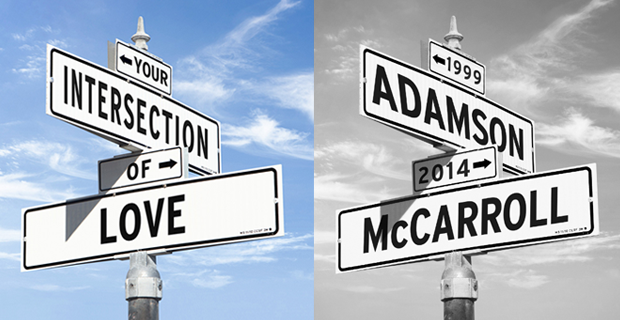

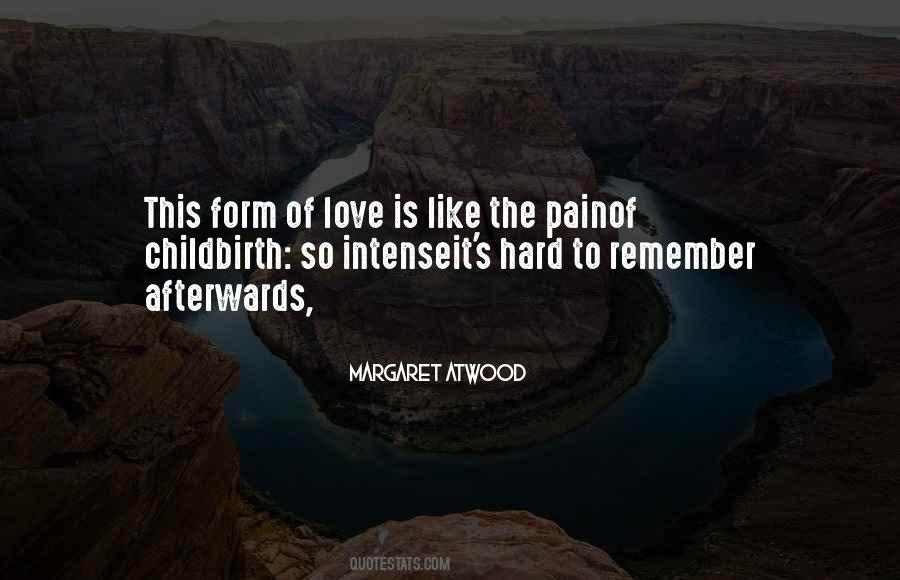

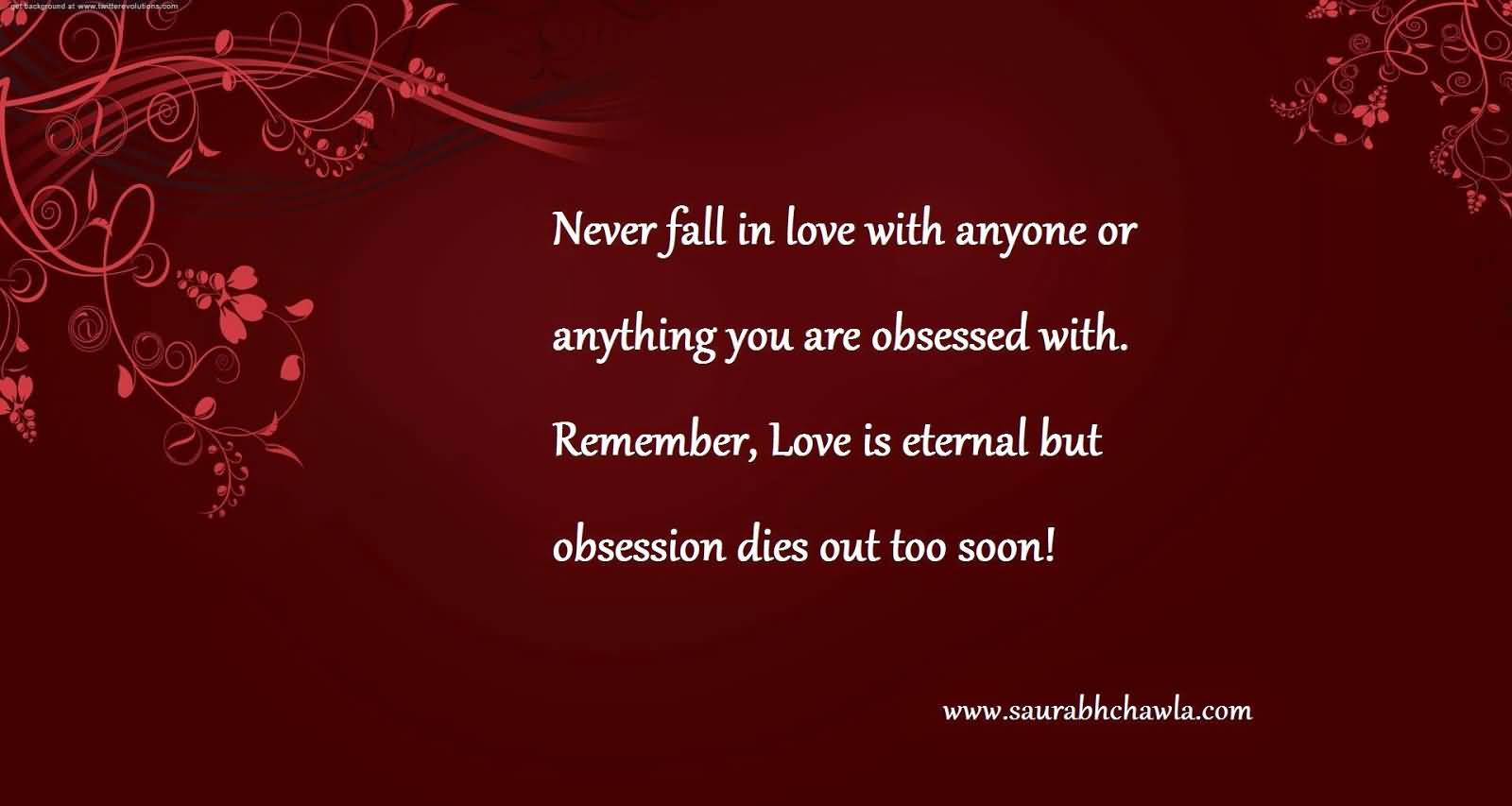
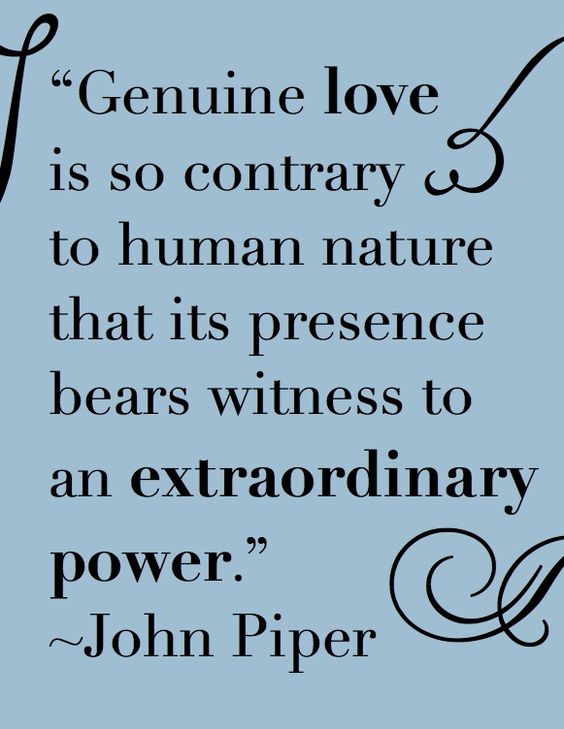
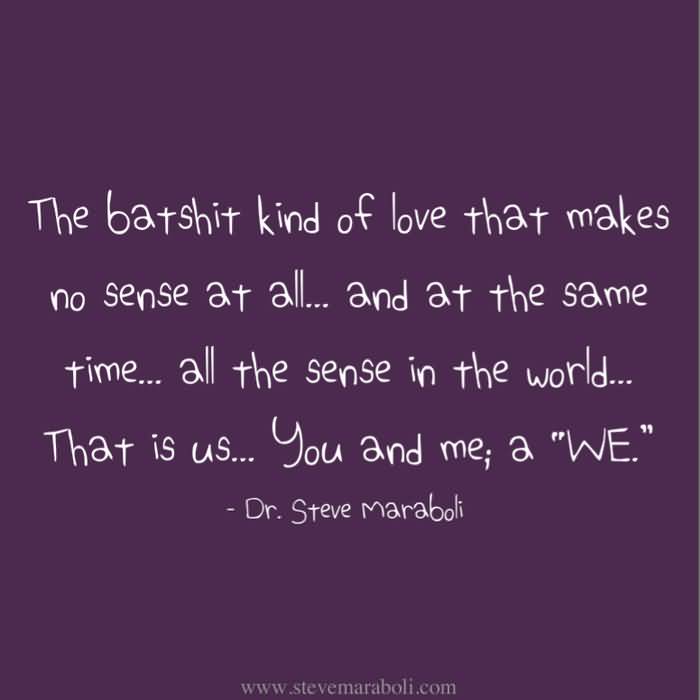
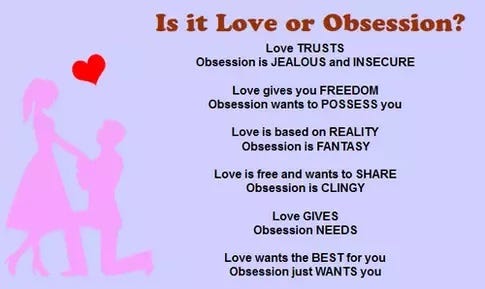
Closure
Thus, we hope this article has provided valuable insights into Exploring the Intersection of Love and Obsession: A Deep Dive into "It Ends with Us" and its Critical Reception. We hope you find this article informative and beneficial. See you in our next article!